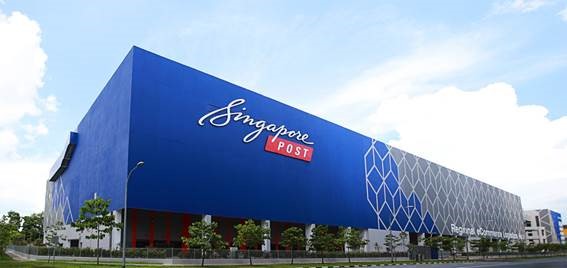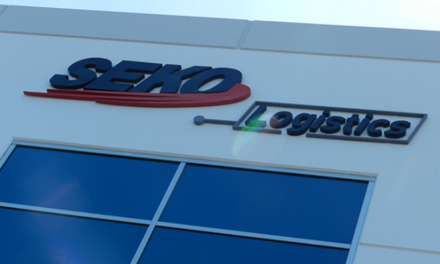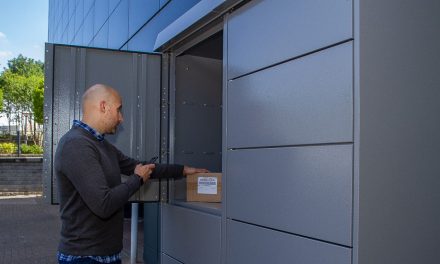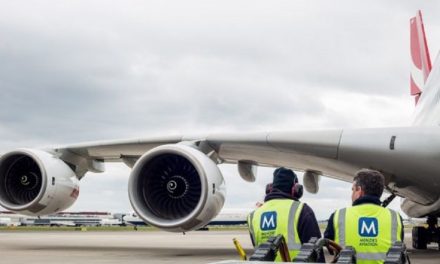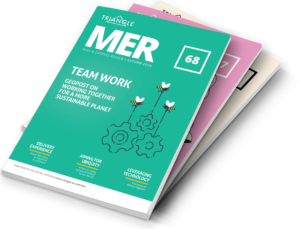
HGV Coalition asking UK Transport Secretary for “fair treatment” in Clean Air Zones
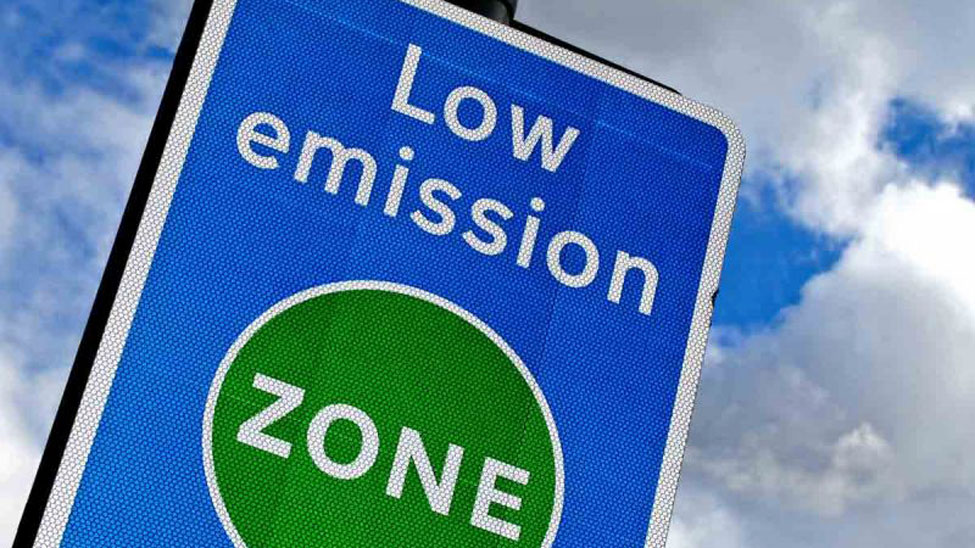
A coalition of HGV associations have written a joint letter to the UK Transport Secretary Chris Grayling, calling for Government support in ensuring that the introduction of Clean Air Zones (CAZs) will not unfairly hit businesses who rely upon HGVs.
FTA’s Head of UK Policy, Christopher Snelling commented: “We support the need to improve the quality of air in our cities, but given CAZs only bring forward the beneficial change that is coming anyway by a couple of years, we don’t want this to be at the cost of small businesses’ ability to trade.”
As we reported previously, a number of UK cities are considering the introduction of some kind of HGV charging CAZ in a bid to reduce illegal levels of roadside NOx emissions. London is further advanced, with its expanded Ultra Low Emission Zone scheduled to begin on 8 April next year.
“HGVs are an integral part of the economy at both national, regional and local level,” continued Snelling. “Currently, there are no commercially or operationally viable alternatives to diesel in terms of HGV motive power. Over 90% of everything the public eat, drink, wear and build with travels on an HGV at some point in the supply chain.”
The associations said they “fully support” the environmental aims behind the introduction of CAZs, but added that they want the Government to implement a system which “works for businesses as well as having a real impact on pollution”.
According to the FTA: “The current approach being proposed by many local authorities will create an additional tax on thousands of businesses and disrupt supply chains across the country, whilst failing to deliver the significant air quality improvements that are required.
“The proposed HGV charge for all trucks other than the latest Euro VI models is typically £100 per day, which could equate to an additional 25% on the daily running cost of a non-compliant vehicle. Unfortunately, it is SMEs and small businesses that will be worst affected under the current approach, as these operators are often those that are least equipped to absorb such a financial blow.
“Even if an overwhelming number of HGV operators opted to rapidly upgrade their fleets to Euro VI over the next couple of years, there is unlikely to be sufficient HGV production capacity. Meanwhile, there is currently no approved Euro VI retrofit option for trucks.”
The associations’ letter asked the Transport Minister to consider a number of solutions which they said “could lessen the impact on businesses”. These include:
• Providing improved access to road space, by allowing night time deliveries or limited access to bus lanes.
• Providing CAZ charge exemptions at night time or on certain routes, for example roads leading to garages, test centres or distribution hubs that are just inside a zone
• Introducing a reduced charge for Euro V trucks, helping to maintain their used value and thus making it easier for operators to sell these vehicles and fund an upgrade to Euro VI HGVs
• Ensuring that CAZ standards and administration are consistent across the country and communicated properly
• Providing local authorities with more guidance and resources to identify local congestion and pollution hotspots and improve traffic management, thereby reducing the imperative to introduce a CAZ.


